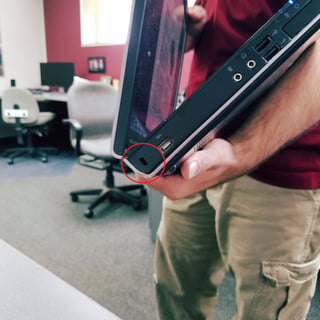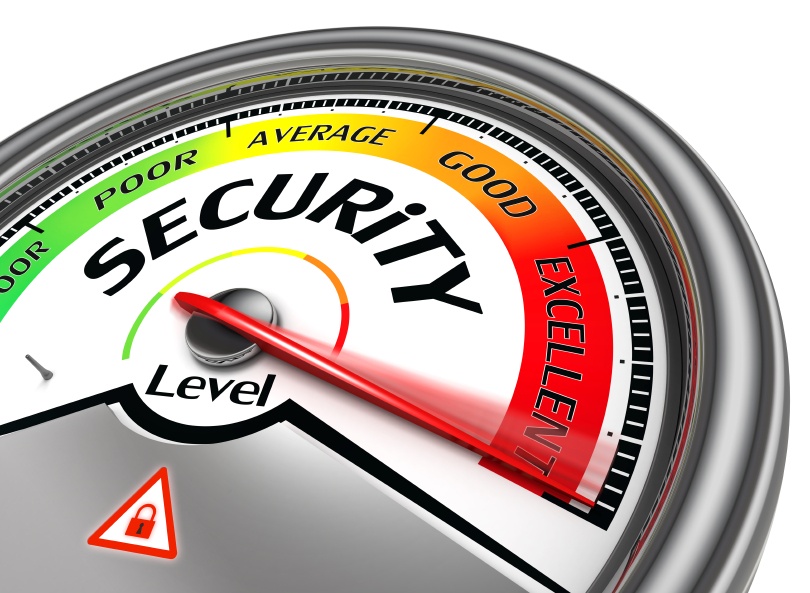If the lock on your device can be easily opened with a butter knife, credit card or material malfunction, you may want to look into other security options. Whatever the reason, we understand that some medical carts may require more security features than others. The options are endless depending on how many people need access and what degree of access. Ideally, the lock on your device should require a tool.
We've collected a list of possible security options you may want to consider:
- Traditional hard key
- Electronic key fob or key card
- Key code—some medical devices have a variety of codes
- Biometrics—fingerprint identification
- Separate code or lock for narcotics box
- Double door narcotic cabinets with dual locking
Locks are especially useful for medicine carts or any device that holds narcotics. Sometimes narcotic boxes are riveted to the medical cart, which gives it a tamper resistant quality, and will more than likely require its own individual key. If this is something you are considering for your medical cart, consult the engineers working on your project to ensure the security and accessibility of your custom medical cart.
Device Security
Often times our design engineers are asked how to make sure people don’t “walk away” with monitors and tablets used with a variety of medical carts. Some laptops come with their own security precaution. Look at the picture to the right. See that rectangular hole? There’s a cable that will attach and lock itself from that hole to the medical cart, working similarly to a bicycle lock.
Hypothetically, you could use a dual-sided very high bond adhesive to literally tape your device to a sheet metal plate that has been riveted to your medical cart. Keep in mind that, although this is effective, it is also a very permanent option. In most cases, any attempts to detach the device will either be ineffective or may cause damage.
Seeking a better security and access plan for you medical cart or device? Contact us today!


